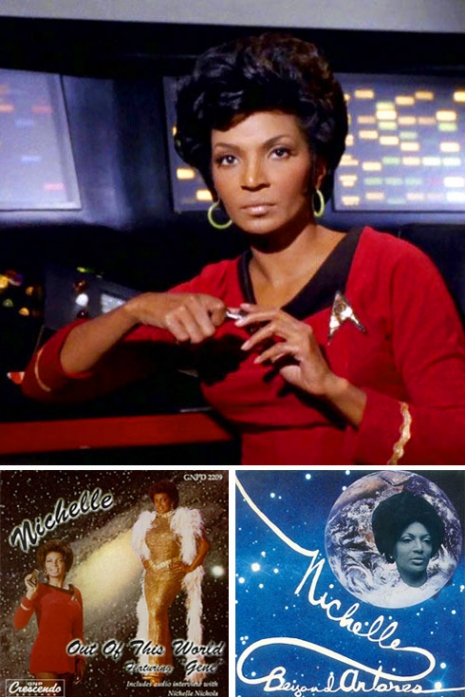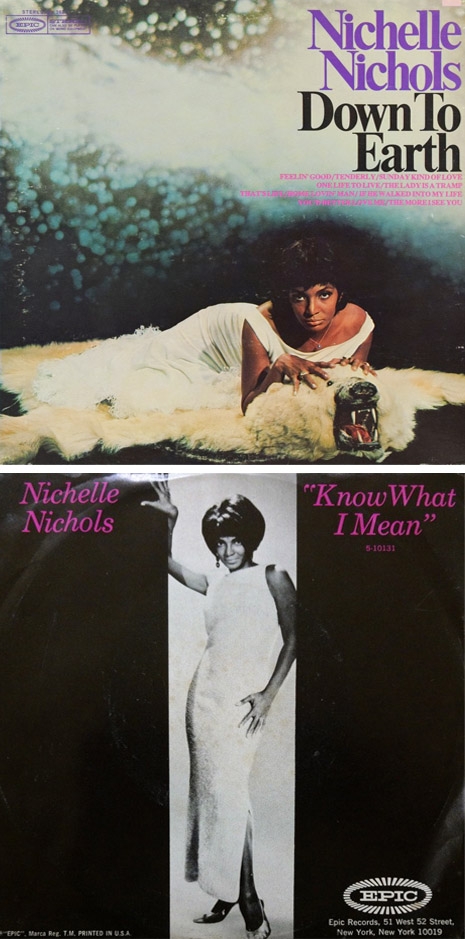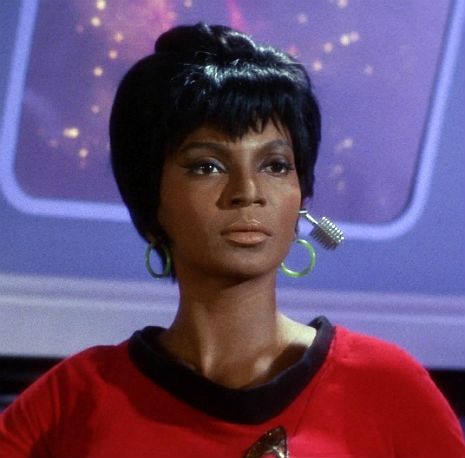
May the gods eternally bless Rhino Records for so many reasons, but one of that label’s greatest contributions to weird society was the Golden Throats series of compilation albums. It endeavored—and largely succeeded—at bringing wide attention to one of my favorite vinyl collectibles sub-obsessions: celebrities not known for singing who nonetheless and against all reason recorded albums on which they sang, often very, very poorly. Adding to the kitsch appeal of the phenomenon, these albums were usually lounge or easy listening, and were often recorded in total earnest.
Notably, key Star Trek cast members William Shatner and Leonard Nimoy were disproportionally represented on those Rhino comps, appearing on all four installments in the series, and scoring four tracks between them on the first one alone. Shatner’s stilted cover songs have become legendary on the basis of just one completely bonkers album, 1968’s The Transformed Man which manages to be a major head-trip both intentionally AND accidentally. Nimoy released about a half-dozen musical albums, a couple of which are Trek themed affairs on which he sometimes sings in-character as Spock, which have moments that approach the outsidery awesomeness of the Shatner LP. The rest are straightforward folk-pop albums, which are unironically not half bad at all.

Sadly, DeForest Kelley never made a musical LP, so it’s impossible to collect a complete discography of Trek’s archetypal Freudian trio. HOWEVER, there was more music to be found on the bridge: the recordings of Nichelle “Lt. Uhura” Nichols were totally neglected by Rhino when they assembled the Golden Throats comps (probably because she was actually really good). Between 1967 and 1991, she released three full lengths (sort of), two 7” singles, and an EP. Before she blazed a massively important trail for non-servile representation of African-American women on broadcast TV, Nichols sang with both Duke Ellington’s and Lionel Hampton’s bands, and she debuted as a solo recording artist with 1967’s Down to Earth. The title was an obvious nod to her stellar day job, and fittingly, the music was anything but cosmic. It’s a lightly jazzy lounge pop album, typical of its time, and loaded with standards and showtunes.
Keep reading after the jump…






